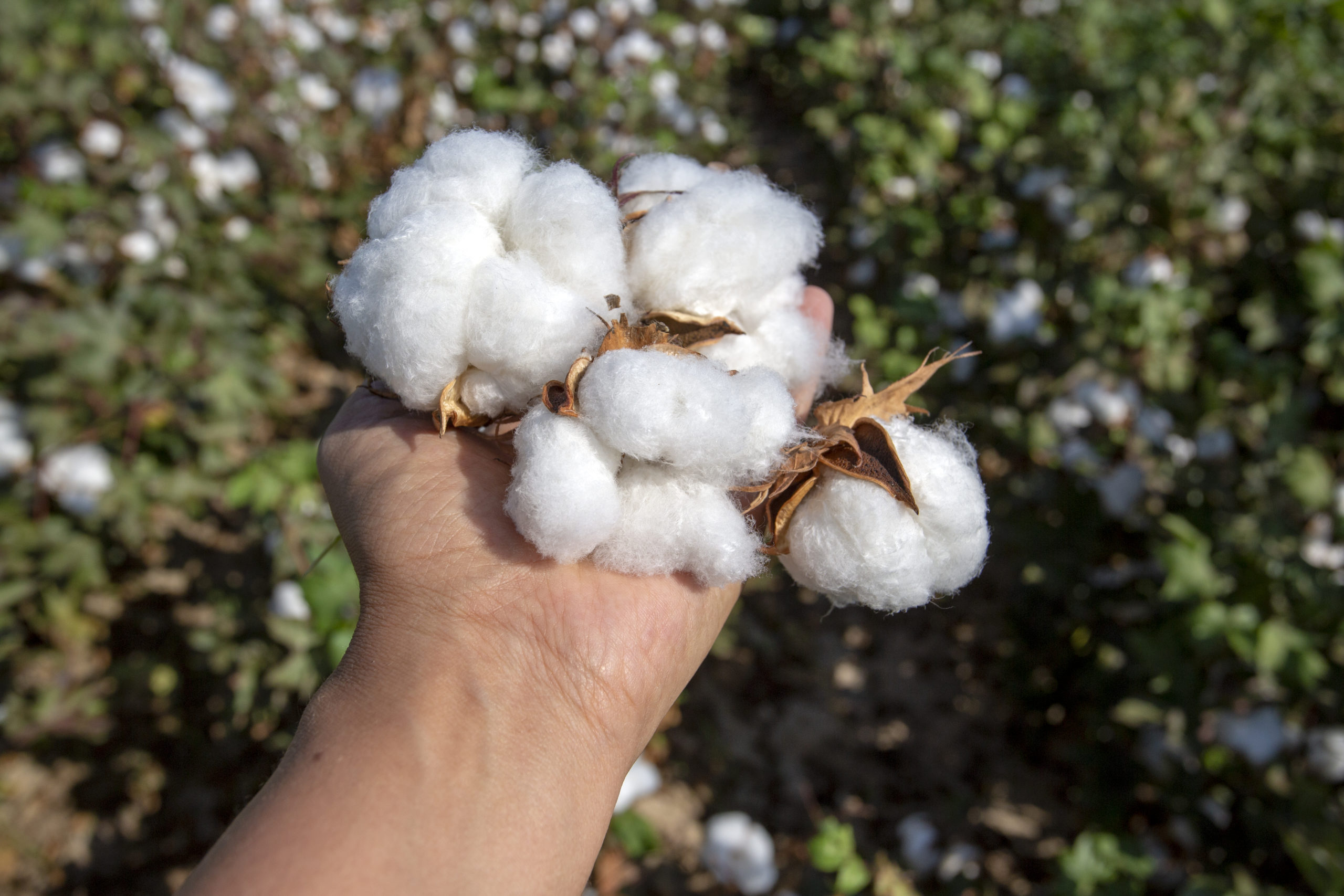Trust and transparency are becoming evermore important for consumers making their buying choices. For farmers this creates complexity, but also opportunity if people are prepared to pay for proven animal rearing or crop growing practices.
Retailers, manufacturers and end consumers all need more proof of farmers’ production methods, including animal welfare, soil care and making space for nature. In countries like the Netherlands, some premium, ethical food brands have scannable QR codes to view live webcams of their rearing units, or, in the case of Kipster eggs, a viewing gallery on one of their laying units that is open 24/7 for the public to visit.
I would say that, globally, the most high profile products caught in the environmental firing line are red meat – for its methane footprint, rice – for its water footprint and cotton because it is water hungry and criticised for causing soil erosion – it is one of the ‘row crops’ criticised for the nutrient and sediment runoff causing the algal bloom in the Gulf of Mexico.
Piqued by environmental concern, there has also been a growing consumer interest in – and the willingness to pay – for ethical and sustainable cotton to ensure, not only greater environmental care, but also fairness towards how growers and workers are treated in the supply chain. This interest has led to a greater demand for sustainable cotton, such as the Better Cotton Initiative and GOTS (Global Organic Textile Standards) marques.
The world grows 25 million tonnes of cotton annually, dominantly in China, India, the US and Brazil. It supports over 32 million growers and 100 million families in 80 countries, so it is not only economically, but also socially important.
I feel fortunate to have seen some ingenious partnerships that recognise the need to change practices, and prove farming’s trustworthiness, but also initiatives that return more profit from more ethical shoppers. Cotton is one of them.
Last year I had insight to one such project that spans the whole cotton supply chain from the grower to the shopper, it aims to build consumer trust by being transparent about growing methods, ginning (separating husk from fibre), spinning, dying and manufacturing.
The supply chain was established by BASF; growers plant their seed – Certified Sustainable FiberMax – and from every seed planted, to every cotton garment sold, a digital footprint, or transaction, of each practice, process and person is recorded. What’s central to making the programme work is that farmers receive a premium for their cotton sales, which rewards them for their work, whilst assuring consumers of the fairness, provenance, and sustainable production practices.
The farmers’ part of the bargain is that they all use sustainable practices such as minimal tillage, soil carbon sequestration and no-spray zones and they record everything that they do via blockchain.
The growers say that they are no longer the forgotten part of the supply chain, and are now recognised and fairly recompensed. For some, the hope is that, one day, consumers could buy a t-shirt with a QR code that tells them the story of who grew the cotton and where, and a little bit about their farm and family.
Blockchain creates a ‘green passport’ for the whole chain, and provides ethical shoppers with complete reassurance that they are buying all of the embedded environmental, economically fair and socially responsible additions that they are willing to pay for.
For the farmer it creates the opportunity to be paid more for their production practices. As one farmer said to me of their cotton – this makes my crop highly ‘brandable’. Could the same be possible for beef, milk and barley? If there’s a consumer need to be met, then I would say it certainly could.
